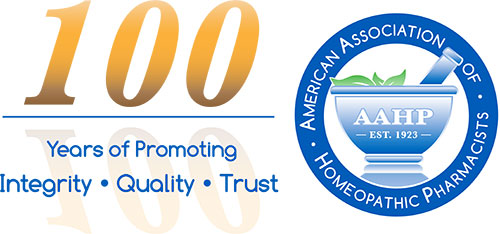European vs. U.K.: Impacts on Homeopathic Products Worldwide
By Steve Mann, Director of External Global Regulatory Affairs & Qppv, Nelsons
I’ve been very fortunate during my career, travelling the world, meeting incredible people and working on projects across the globe. For sure, there can be challenges — contrasting rules and regulations for a start — but the challenges that lay ahead are entirely new. The regulatory impacts of COVID-19 are starting to emerge and their consequences will be far-reaching. Coupled with that, as I write in December, the regulatory framework of the U.K. is going to fundamentally change in a few days. Our relationship with Europe, and the rest of the world, will likely be quite different in January.
The U.K. is nearing the end of its transition away from the E.U., but many questions remain unanswered. We still don’t know how homeopathic medicines can be supplied across the U.K. next month, let alone imported or exported. Manufacturers and retailers aren’t facing such challenges on their own though. Our various trade bodies, the work they undertake and the support they provide, has never been so important.
For many years I had the privilege of sitting on the board of the European Coalition on Homeopathic and Anthroposophic Medicinal Products (ECHAMP). Founded in 1999, it has about 50 company members covering 18 E.U. Member States, working closely together to ensure their members can meet the demand from users and prescribers across the E.U. The association is politically active and advocates in favour of an appropriate regulatory environment for such products in the E.U.
If the U.K. is no longer part of the E.U., why would I be interested in the work of a European association? Because the decisions taken by one regulatory authority often influence those of another. Both the U.K. Medicines and Healthcare Products Regulatory Agency (MHRA) and European Commission are players in a global network of regulatory authorities — so their opinions and actions have influence, and ECHAMP is one of my windows into the wider regulatory world.
The regulatory process for bringing homeopathic drugs to market in the United States and the E.U. are of course very different. In fact, “tell and do” vs. “pre-market approval” frameworks are almost polar opposites. So it might seem surprising to hear that FDA came to present at MHRA’s Good Manufacturing Practice (GMP) Symposium in December 2019. But, whilst there are major differences in the approval processes, their regulatory frameworks aren’t entirely at odds. For several years both agencies have been working together on areas where they share common ground. One of those is GMP.
This has not been some undercover stealth operation, but you could argue the progress has been so slow as to be imperceptible to the human eye. Nevertheless, they reached a position where they were able to align on GMP standards and inspections. In part, financial considerations helped drive this process — neither agency has the resources to inspect facilities worldwide. But through working together, they cover more ground and eliminate duplicating each other’s work.
Then COVID-19 struck. The world changed. For everyone — including for regulators. A monumental human tragedy unfolded that also brought with it a colossal financial impact. Government spending has been huge. Wide ranging budget cuts will follow. Regulators will have their budgets reallocated or cut, resources diverted, and priorities changed. And where will homeopathy feature on their agendas?
Regulators around the world are already working differently. Desktop and virtual inspections, innovative approval pathways — we’ve already seen them operating to fast-track vaccine authorisations. It’s not a question of trying to predict the future; these changes are happening right now. And when the dust starts to settle, priorities are set, and budgets finalised, there seems little option for the network of global regulatory authorities other than to collaborate more closely. The processes that began before COVID, whilst they took a break during the pandemic, will be picked up again and possibly accelerated.
Whatever regulatory frameworks and ways of working that emerge, Homeopathic drugs will need to operate within them. That’s why, I will continue my work with ECHAMP and other trade bodies around the world. That appropriate regulatory environmentwe all strive for won’t happen by chance. We’ll need to know what regulators in different regions are thinking, what they’re planning, and how they’re collaborating. Only by working together across industry can we ensure our voice is heard. So I’ll keep working with ECHAMP for as long as they’ll have me, whether I’m part of the E.U. or not.
